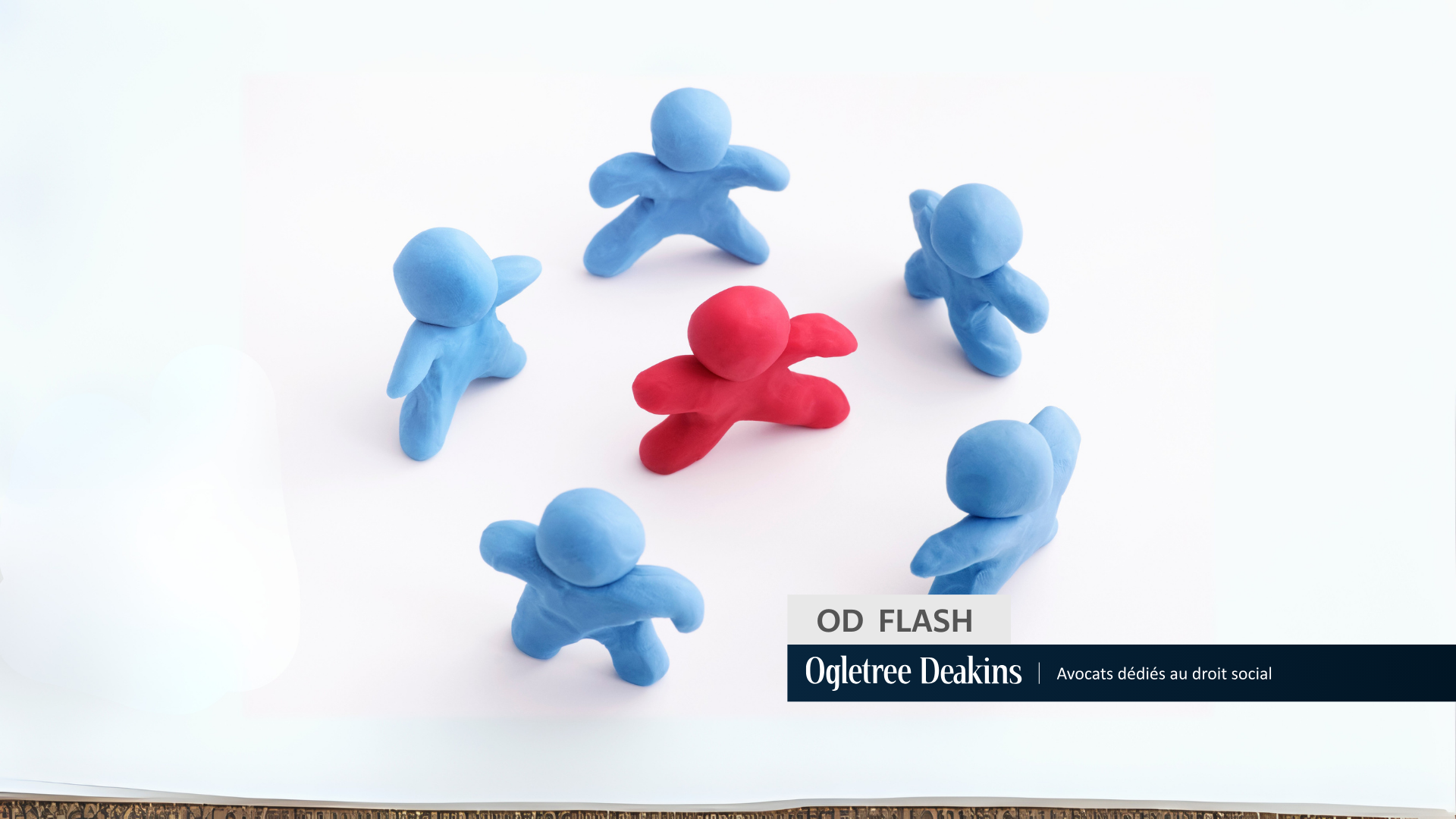Court of Cassation, Social Chamber, May 6, 2025, No. 23-22.588
An employee was summoned to a preliminary interview with a view to potential dismissal. Two days after the preliminary interview was scheduled, she reported to her employer what she described as moral harassment. She was then dismissed for serious misconduct and brought the case before the labor court to have the court recognize a situation of moral harassment and the nullity of her dismissal. On appeal, her claims were upheld and the dismissal was declared null and void.
The company has lodged an appeal in cassation. It criticizes the court of appeal for declaring the dismissal null and void on the grounds that it had been made in a context of moral harassment, without investigating whether the reasons given in the dismissal letter to identify the serious misconduct had been established by the employer.
The appeal also argues that dismissal on the grounds of moral harassment can only be overturned if it is proven that the dismissal was made because the employee suffered, or refused to suffer, such behavior, and not simply because it was made in a context of moral harassment.
The Court of Cassation upheld the company’s reasoning and overturned the ruling of the Paris Court of Appeal. It points out that Article L. 1152-2 of the Labor Code requires that no employee be punished, dismissed, or discriminated against for having suffered or refused to suffer acts of moral harassment, or for having witnessed such acts, and that, pursuant to Article L. 1152-3 of the Labor Code, any termination of an employment contract in breach of this provision is null and void.
However, since the letter of dismissal did not mention any allegations of moral harassment, and since it was not established that the employee had been dismissed for having suffered or refused to suffer such acts, the Court of Appeal had deprived its decision of a legal basis.
This decision is in line with the established jurisprudence of the Supreme Court, since the Social Division, in judgments handed down on September 14, 2022 (No. 20-16.858), April 9, 2025 (No. 24-11.421), and March 2, 2022 (No. 20-22.504), had already ruled that ” by declaring the dismissal of the employee null and void after finding that she had been the victim of moral harassment, without specifying that the employee had been dismissed for having suffered or refused to suffer moral harassment, the Court of Appeal failed to provide a legal basis for its decision.”



